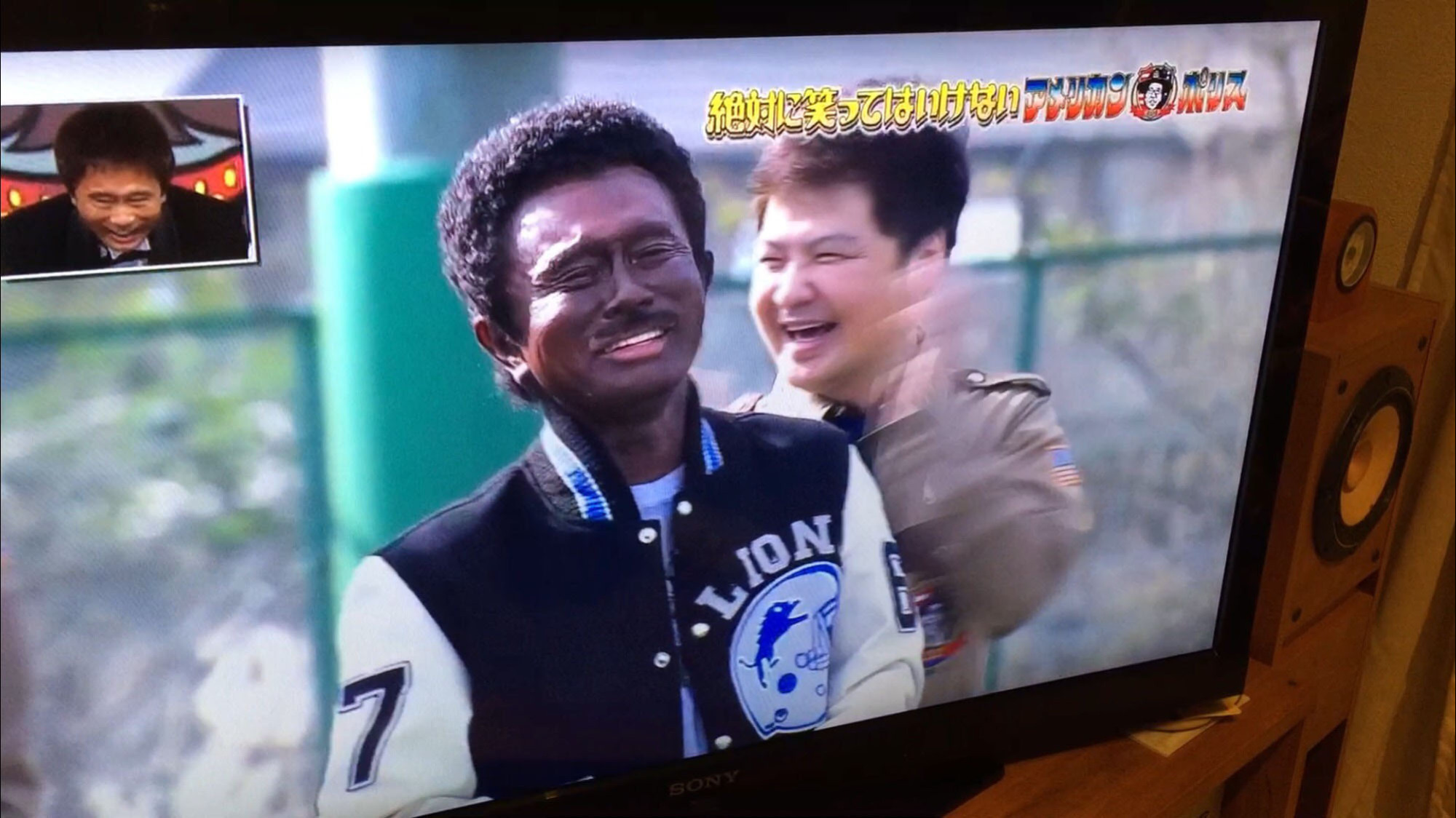A happy new year to all!
Andy Warhol once said, "In the future, everybody will be world-famous for 15 minutes."
Well, I've had mine just as the calendar was flipping. What would you do with your 15 minutes, should the occasion ever present itself? Best ask yourself now, and I pray you're prepared for it should such an opportunity come along.

















With your current subscription plan you can comment on stories. However, before writing your first comment, please create a display name in the Profile section of your subscriber account page.